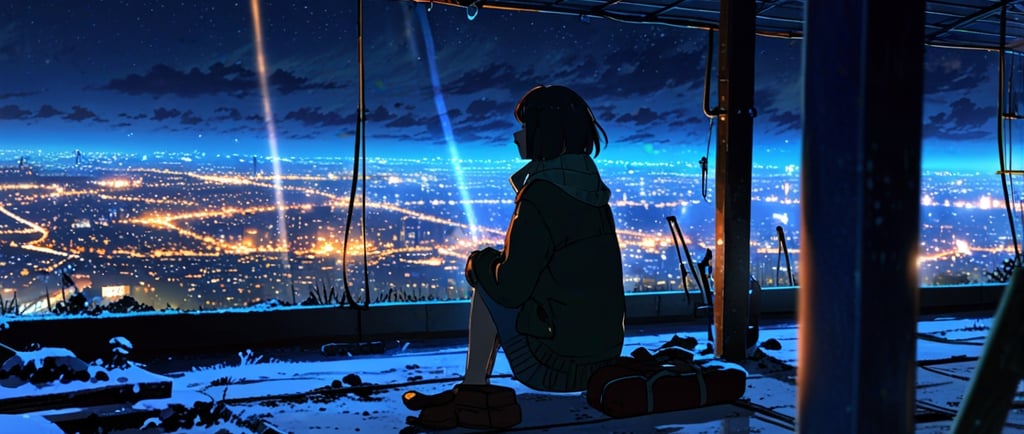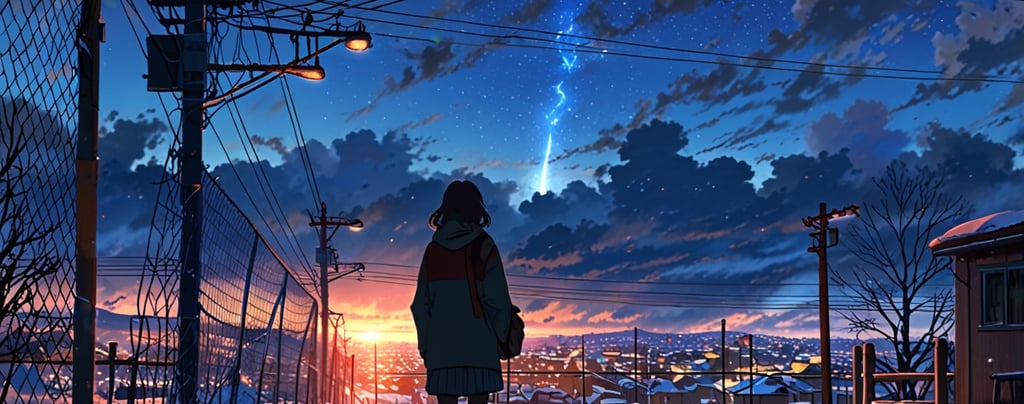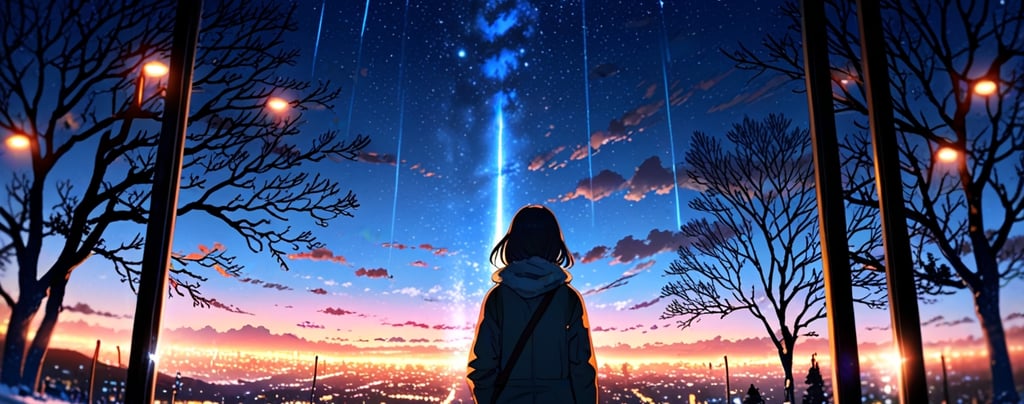What If the Sun Didn't Rise Tomorrow?
Explore the dramatic changes to Earth, humanity, and life itself in a frozen, endless night without the sun. Discover the implications of a world where the sun didn't rise and how it would affect our planet.
Black Heart
5/24/20253 min read


What If the Sun Never Rose Again One Day?
Introduction
It’s hard to imagine a morning when the Sun doesn’t show up. The sunrise is so routine that we take it for granted. Birds start chirping, light floods the sky, and the world wakes up. But what if, one day, the Sun just… didn’t rise? Would Earth keep spinning in endless night? Would life survive?
This isn’t just a creepy thought experiment. It’s a question that pushes us to think about energy, survival, and just how dependent we are on our nearest star.
How Long Could Earth Survive Without the Sun?
Without the Sun, Earth would quickly become unrecognizable. Scientists estimate:
Within a week, global temperatures would begin dropping below freezing.
Within a year, the average temperature would sink to –73°C (–100°F).
Oceans would freeze from the top down, though liquid water could remain deep below the ice for thousands of years.
In short, without sunlight, Earth would turn into a frozen wasteland.
Could Humanity Adapt?
Humans are ridiculously adaptable, but this would test us to the core. We’d need to find new sources of energy and heat fast. Possible survival strategies include:
Nuclear power plants: providing long-term heat and electricity.
Geothermal energy: tapping into Earth’s internal heat near volcanic regions.
Underground or underwater cities: where temperatures would be more stable.
Artificial suns: massive lamps or fusion-powered light sources.
It wouldn’t be paradise; it would be survival mode.


What About Plants and Food?
No sunlight means no photosynthesis. Within weeks, most plants would die. Crops would fail. Forests would wither.
That means:
Humanity would need to rely on greenhouses powered by artificial light.
Algae farms could provide oxygen and food, since algae grow well under artificial light.
Eventually, diets might shift to fungi, lab-grown meat, and hydroponic systems.
Basically, pizza and apples? Rare luxuries. Mushrooms and algae shakes? Everyday meals.
Would the Atmosphere Collapse?
The Sun also powers the weather and wind. Without solar heating, Earth’s atmosphere would stop circulating properly. Winds would die down. Weather systems would collapse. Over time, the air might freeze, condense, and fall as snow or ice in the coldest regions.
Imagine walking outside in pitch black, freezing silence. No rain. No storms. Just dead air.
Could Life Survive in the Oceans?
Oddly enough, yes, at least for a while. Deep in the ocean, life thrives near hydrothermal vents, which release heat and chemicals from Earth’s core. These ecosystems don’t rely on sunlight at all.
So, while surface life would collapse, weird alien-like fish and tube worms could keep going. The last survivors of Earth might be creatures living miles beneath the sea.
Psychological Effects: Living in Endless Night
Forget science for a second, what about our minds? Humans evolved with a circadian rhythm. Take away daylight, and we’d suffer massive mental strain:
Depression and hopelessness from eternal darkness.
Sleep disorders as the body loses track of time.
Culture shock as human rituals, sunrise prayers, daylight work hours, and farming seasons cease to exist.
Entire religions, philosophies, and ways of life would have to adapt. Humanity would essentially live in an endless apocalypse.


Could We Escape to Another World?
If the Sun truly went out, the best long-term plan might be leaving Earth. Advanced space travel could allow migration to:
Mars or other planets - but they also need sunlight.
Outer moons like Europa or Enceladus - already icy, but with subsurface oceans.
Artificial space stations powered by nuclear fusion.
But here’s the dark truth: most of humanity wouldn’t make it. Only a small percentage, with access to advanced tech, might survive.
Key Points Recap
Within weeks, temperatures drop below freezing.
Within a year, Earth turns into an ice world.
Plants die quickly – leading to food collapse.
Humans survive only with tech – nuclear, geothermal, artificial lights.
Ocean life might persist deep below the ice.
The psychological toll would be as deadly as the cold.
What I Think
I think if the Sun never rose again, humanity would face its greatest test. Some of us might scrape by underground or underwater, but the Earth we know, green fields, blue skies, warm beaches, would be gone forever.
But maybe, just maybe, that kind of catastrophe would push us to evolve faster. To build artificial suns, to explore other planets, and not to take our home star for granted.
The Sun rising tomorrow morning feels guaranteed. But if it didn’t, we’d truly understand how fragile our place in the universe is.
🔗 Related Articles from EdgyThoughts.com